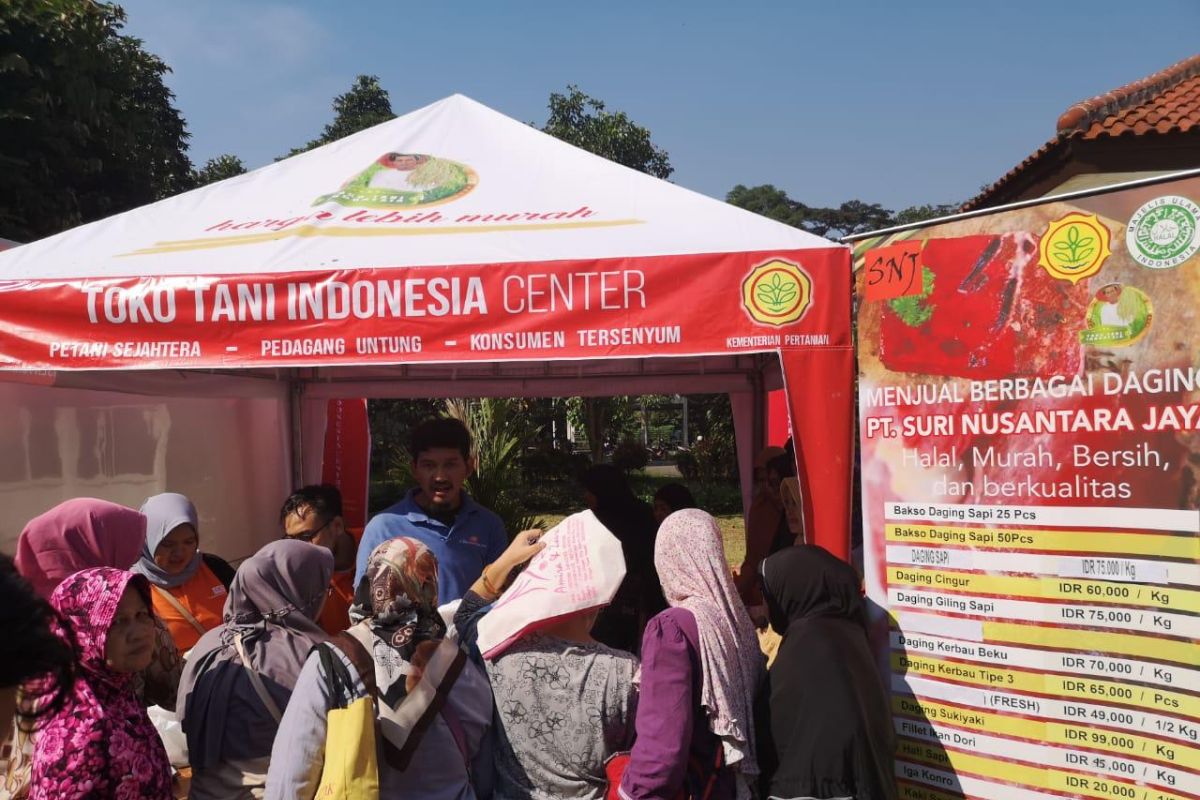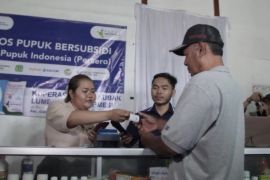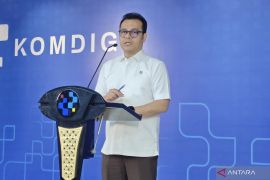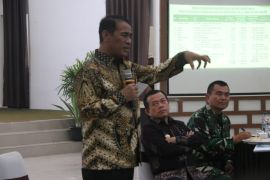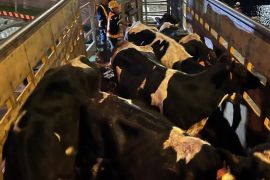"Since three to five months before Eid al-Fitr, the government has planned to boost food production by expanding the planting area of different food commodities," head of the agency Agung Hendriadi stated in a press release received here on Tuesday.
Hendriadi pointed to a surplus of some food commodities. The present rice stock in the State Logistics Agency (Bulog) reaches some 2.2 million tons, and the harvest is still ongoing. In the meantime, 50,752 tons of stocks were recorded in the Cipinang Central Rice Market in Jakarta on May 28, 2019, above the average normal stock of 25 thousand to 30 thousand tons.
The cumulative balance sheet from January to June 2019 estimated surpluses of some food commodities, specifically 84 thousand tons of red onions, 168 thousand tons of chicken meat, 94 thousand tons of chili pepper, 158 thousand tons of large chili, 17 thousand tons of chicken eggs, 388 thousand tons of granulated sugar, and 13.5 million tons of cooking oil.
The Agriculture Ministry has also ensured that the retail prices for basic food commodities, including rice, eggs, beef, granulated sugar, and cooking oil, in the DKI Jakarta area until the start of June 2019 are stable.
Prices of some food commodities, including garlic, red onion, red chili, and cayenne pepper, had currently reduced considerably than the first week of May.
The Agriculture Ministry had conducted market operations to stabilize prices in some 100 markets in various regions. The Ministry, synergizing with the Jakarta provincial government, city-owned market operator PD Pasar Jaya, suppliers, and importers, had also conducted "Affordable Food Market" activities (Gelar Pangan Murah/GPM), especially in some retail markets and residential areas.
As of the end of May 2019, "Affordable Food Market" activities were held across 31 provinces involving some 1,899 Combined Farmer Groups (Gapoktan) and 4,381 Indonesian Farmer Shops (TTI). This move was welcomed by the people, particularly those belonging to the middle to lower class, as consumers were offered affordable and quality goods.
Translator: Ahmad Wijaya, Yuni Arisandy Si
Editor: Sri Haryati
Copyright © ANTARA 2019
